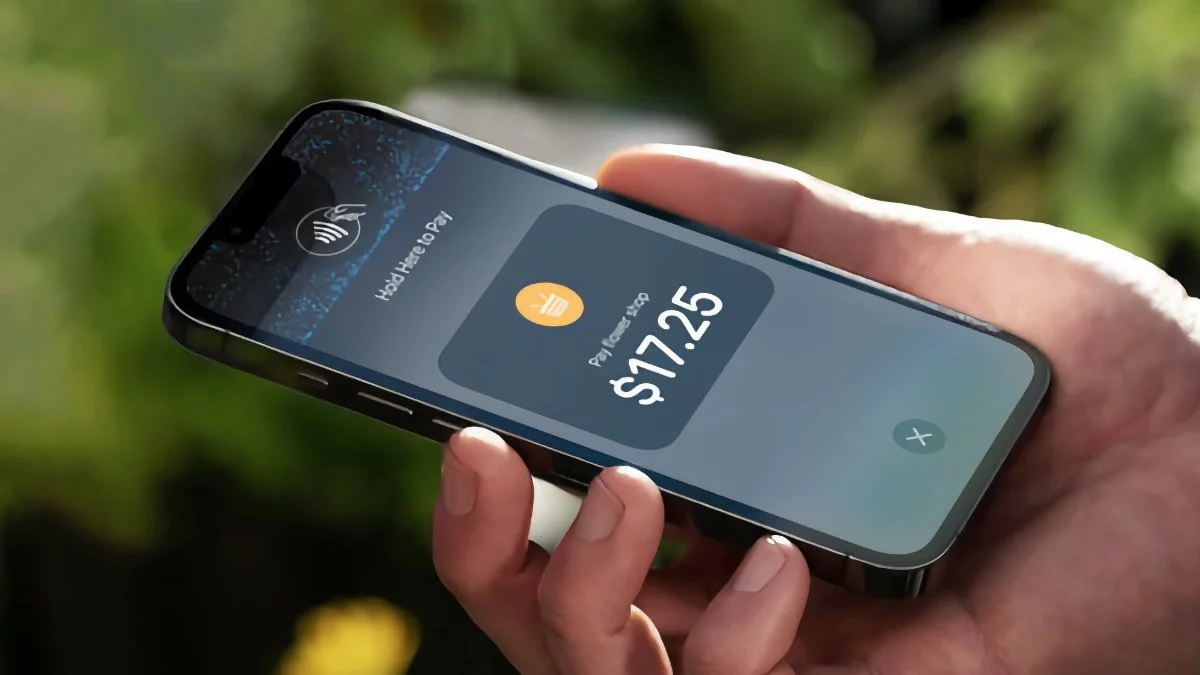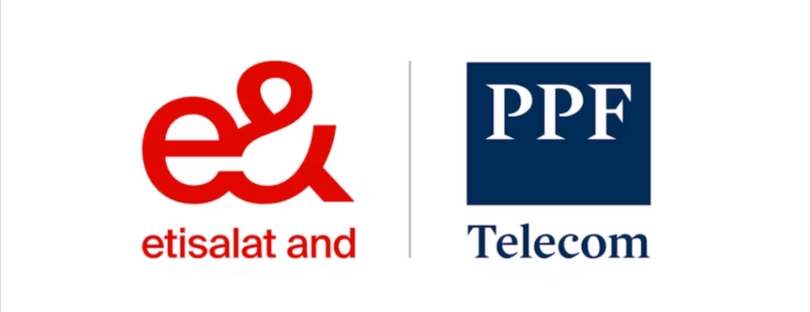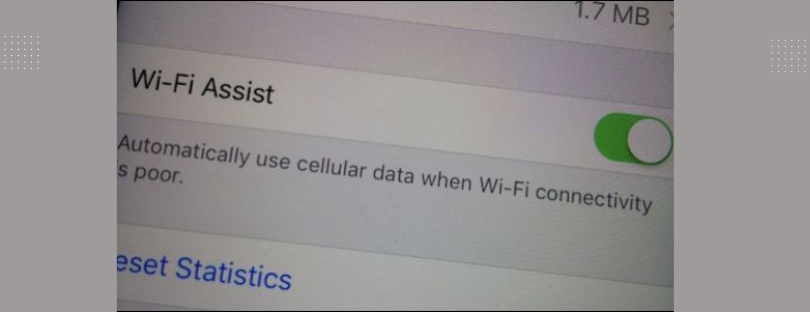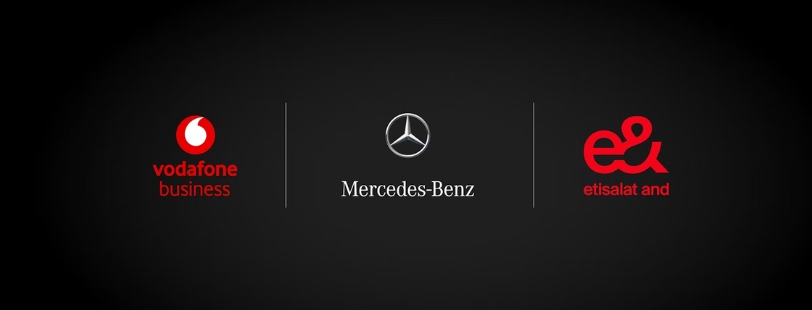
Zimbabwean mobile operators to introduce data sharing
Mobile Network Operators (MNOs) are set to introduce a raft of measures aimed at addressing concerns raised by subscribers, chief among them data sharing, data rollover and issues of change complexities in pricing structures. Zimbabwe data sharing
The telecommunications market in Zimbabwe is dominated by three mobile network operators: Econet Wireless, NetOne, and Telecel Zimbabwe. Despite challenges such as economic instability and regulatory constraints, the market has continued to grow with increasing demand for mobile services. Following an engagement with Members of Parliament, representatives of the mobile and fixed telecommunications operators, and the telecommunications regulatory authority (POTRAZ), MNO said customers who are unable to exhaust their data bundles will soon be able to transfer the browsing bundles to users of their choice.
“MNOs have advanced plans in place to introduce data sharing to mobile consumers particularly targeting those customers who have been unable to exhaust their data bundles due to interruptions stemming from such issues like power outages (load shedding and faults), travel or poor network connectivity,” MNO chairman Lawrence Nkala said.
This service will allow consumers to transfer the unused portion to beneficiaries who may then be able to exhaust these remaining balances, instead of being expunged without recourse.
Addressing the Data Rollover Issue
“We expect the first launch of this service to be in April 2023, once technical configurations are completed and product trials and communication to the public have been done,” he added.
Nkala said having addressed the issue of data sharing, MNOs would have substantially solved the roll-over issue as customers will be able to avoid the expiry of their bundle before it is rolled over.
“In our view, having addressed the issue of data sharing, we believe that it should substantially address the roll-over issue as customers will be able to avoid the expiry of data before it is rolled over.
“Our investment focus is on providing a mechanism to ensure that customers can manage their usage to avoid the expiry of data bundles in an environment where our capacity to invest in software and upgrades is limited,” said the MNO chairman.
Nkala added that MNOs were cognisant of frustration caused by power outages and the inability of customers to use their data bundles.
“In view of this, we are working on systems and processes as well as packages that allow customers to opt for different packages with differing terms and conditions, based on their usage patterns and preferences.”
Revising Pricing Structures Zimbabwe data sharing
All MNOs have committed to immediately work on revising their pricing to avoid problems caused by the lack of change, according to Nkala and these new measures will be effected in March.
There was an uproar from mobile network subscribers over unjustified price hikes recently, particularly a data bundle from US$10 to US$15.07.
Following the inquiry by MPs, Nkala said some components of the bundles were added prompting the upward adjustments.
“The bundle in question increased in price as the bundle composition was changed to include voice minutes and to accommodate the increase in VAT by 0.5%. Zimbabwe data sharing
“It now contains 10GB data and US$3 worth of voice minutes. This new combo bundle was being confused with the data-only 10GB bundle that currently costs US$12.06 (inclusive of VAT with $0.06 being the additional 0.5% VAT),” said Nkala.
He added that frequent changes in the exchange rates make MNO pricing difficult as prices are determined in ZWL.
“We request that legislators urgently consider a review in the pricing model of the sector so that the prices are determined in US$ and converted to ZWL using the prevailing interbank rate.
“This will introduce stability of pricing of our products and better transparency in our communication to our customers.”
Nkala said in addition to the 15% VAT, operators are levied 5% health levy, 5% Special Excise Duty and 3.5% by POTRAZ for license fees and contributions to the Universal Services Fund.
“In addition, 15% of any foreign currency that is collected by operators is converted to Zimbabwe Dollars at the interbank rate, which some may claim is understated relative to pricing models at which Operators are able to access products and services in the local economy,” said the MNO chairman.








